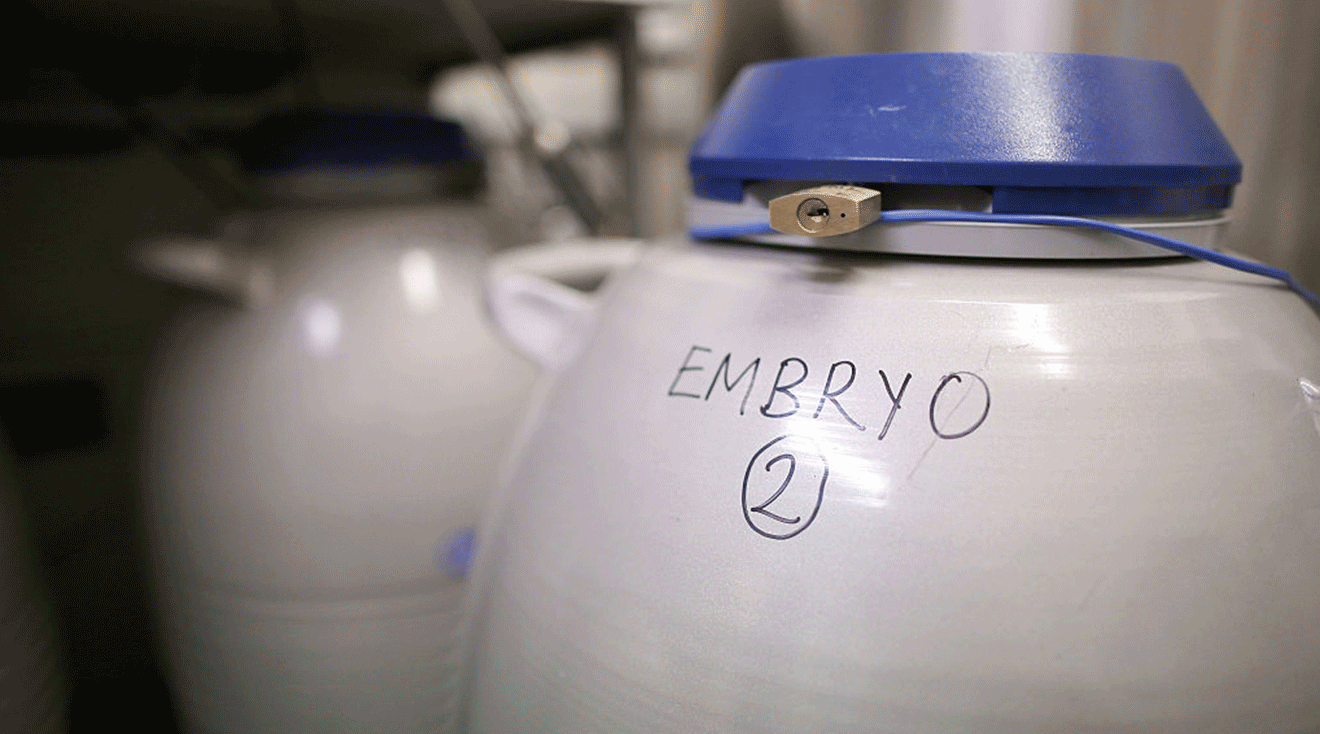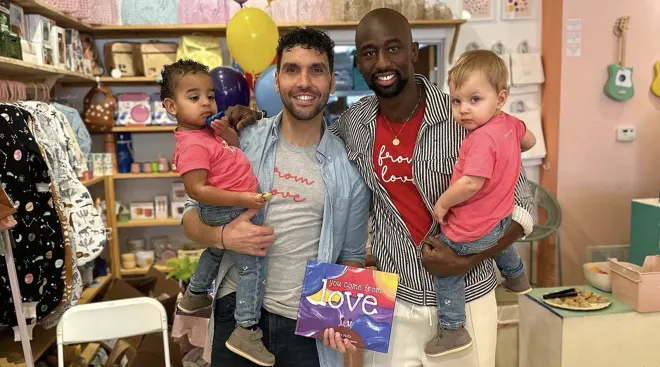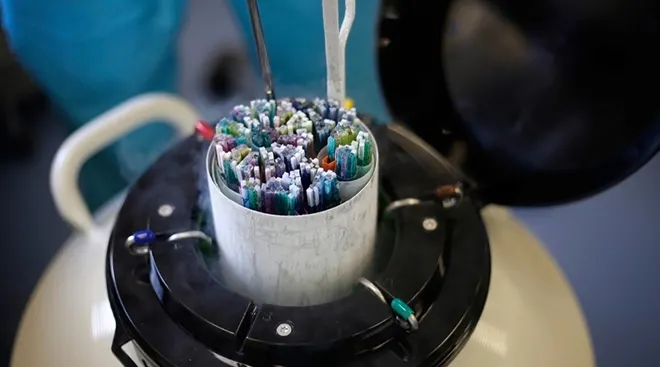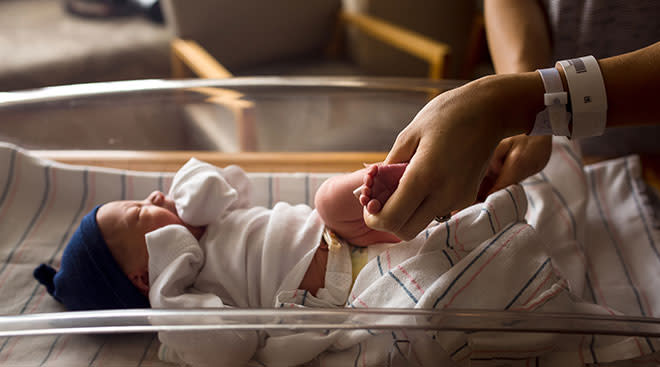Alabama Puts Law in Place to Protect IVF Clinics and Patients
Alabama Governor Kay Ivey signed House and Senate bills into law on March 6, granting in vitro fertilization (IVF) providers and patients protections across the state. The new law comes on the heels of the state Supreme Court ruling on February 16 that frozen embryos created through IVF are legally considered children.
The Alabama Supreme Court’s decision had revived a lawsuit in which three Alabama couples lost frozen embryos during an accident at a storage facility. They sued the clinic for wrongful death, leading to the court’s interpretation that the state’s wrongful death law covers “all unborn children without limitation. And that includes unborn children who are not located in utero at the time they are killed.” Because embryos can be discarded during the IVF process, the procedure was called into question.
With roughly 2 percent of all US births attributed to IVF, the court ruling threw many parents’ hopes and dreams of having children into limbo, as clinics in Alabama put IVF treatments on pause to avoid potential litigation. The new law seeks to assuage these concerns among providers and patients by granting all involved immunity from lawsuits and criminal prosecution for the “damage or death of an embryo” during IVF services.
“I am pleased to sign this important, short-term measure into law so that couples in Alabama hoping and praying to be parents can grow their families through IVF,” Ivey said in a statement after signing the bill into law. “IVF is a complex issue, no doubt, and I anticipate there will be more work to come,” she added.
Ivey is not the only one who anticipates additional conversation around the law and IVF in Alabama. In a previous statement regarding the proposed house and senate bills, the American Society for Reproductive Medicine (ASRM) emphasized the need for a “more permanent and thorough fix.” The ASRM added that without it, it will “be difficult to recruit new physicians to the state and build their practices so they can continue to provide the best possible care to Alabamians.”
While the law only grants immunity to providers and patients, it does not dispute the court’s definition of embryos as children, contrary to the hopes of some advocates. Yet, for the many clinics that paused services amid the ruling, it represents a significant step forward in helping families realize their dreams once again. Both the The University of Alabama at Birmingham Hospital and The Alabama Fertility Clinic have announced the resumption of their IVF services.
“A solution—after 19 days of uncertainty and 14 days of missed opportunities for our patients,” the Alabama Fertility Clinic wrote in reaction to the new protections. Expressing gratitude to State Sen. Tim Melson and State Rep. Terri Collins for introducing the legislation, The Alabama Fertility Clinic shouted out its patients above all else.
“To our patients—you are our heroes. We wouldn’t be where we are without you standing up, telling your stories and letting the world know how important IVF treatments are for families in our state. What’s next? Transfers and IVF starts this week and more pregnancies and more babies in Alabama. Let’s get to work,” the clinic wrote.
Hopeful parents also shared their relief over the law’s passage. Elizabeth Goldman, who conceived her daughter via IVF after a uterus transplant, had put her plans for a second child on pause after the ruling. Now, with the law in place, she can continue on her journey.
“The IVF bills passed in both the Alabama House and Senate as of 9:00 PM! So incredibly thankful," Goldman said in a post celebrating the law’s passage. “I know this doesn’t not fix all of the problems but it will allow our IVF clinics to reopen and people to continue on their IVF journey. I’ve been glued watching the livestream for 5 hours now. I feel like I can finally breathe again.”
The new law may have gotten IVF up and running in Alabama again, but the battle over IVF is likely to continue to unfold in states across the country. On February 28, US Senate Republicans blocked a bill that would protect the right to IVF on the federal level, insisting that the decision belonged with each state.
Navigate forward to interact with the calendar and select a date. Press the question mark key to get the keyboard shortcuts for changing dates.





















































